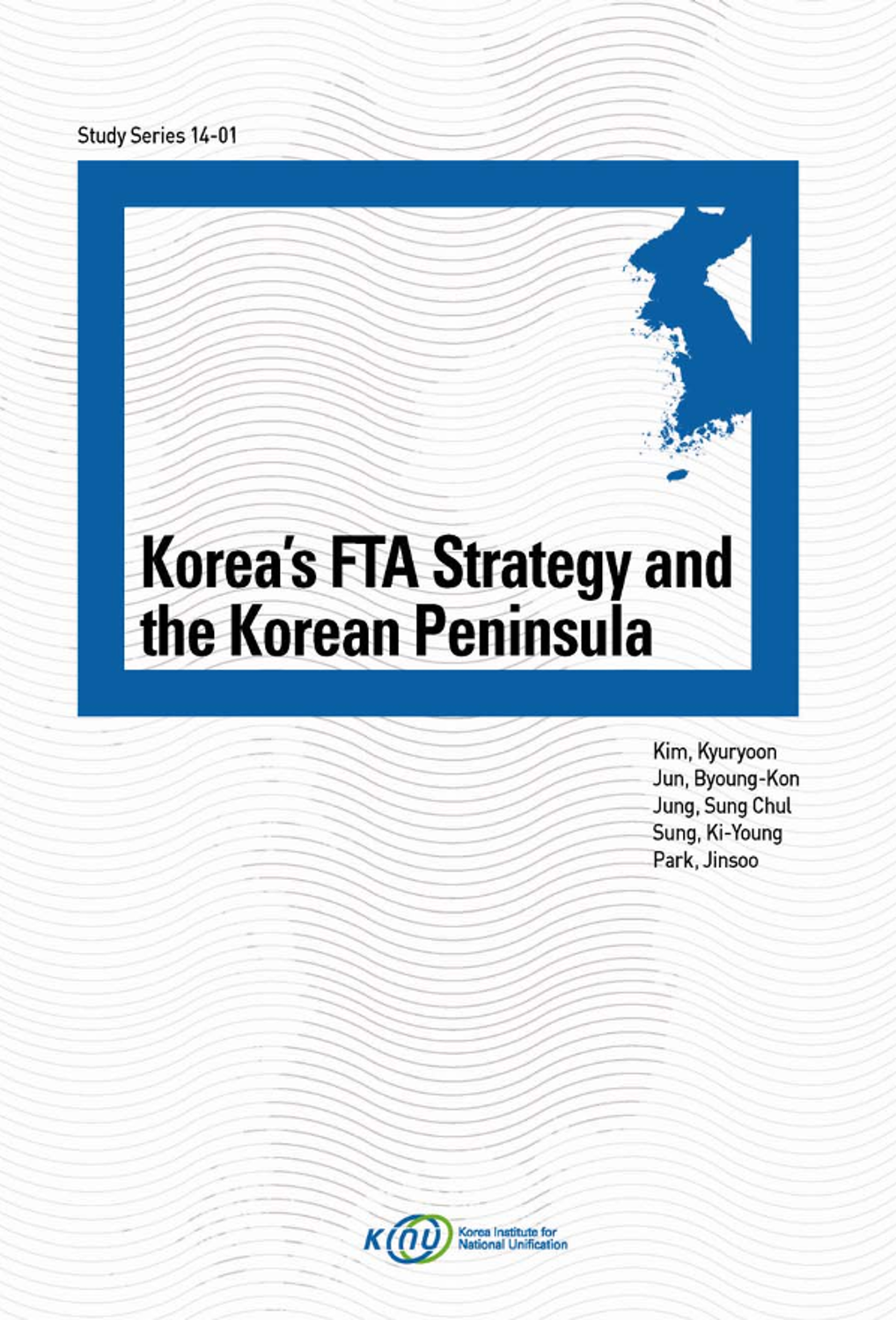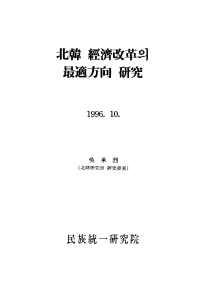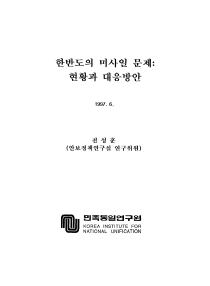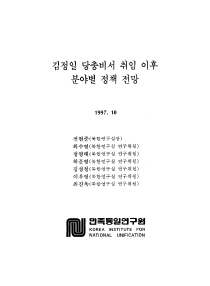
연구원발간물Study Series 2014-01
Korea’s FTA Strategy and the Korean Peninsula
- 발행사항
- Seoul : Korea Institute for National Unification, 2014
- 형태사항
- 57 p. ; 23cm
- 총서사항
- Study Series
- ISBN
- 9788984797604
- 청구기호
- 000 SS14-01
소장정보
| 위치 | 등록번호 | 청구기호 / 출력 | 상태 | 반납예정일 |
|---|---|---|---|---|
이용 가능 (2) | ||||
| 1자료실 | G0015246 | 대출가능 | - | |
| 1자료실 | G0015247 | 대출가능 | - | |
이용 가능 (2)
- 등록번호
- G0015246
- 상태/반납예정일
- 대출가능
- -
- 위치/청구기호(출력)
- 1자료실
- 등록번호
- G0015247
- 상태/반납예정일
- 대출가능
- -
- 위치/청구기호(출력)
- 1자료실
책 소개
Free Trade Agreements (FTA) have played a leading role in the liberalization of the international economic order. It has assisted the strengthening of international partnerships with economic interests combined with political motivation. After the Cold War, the United States seized the opportunity to rise as the world’s sole hegemonic power. The U.S. was able to exert a profound influence on the global economic order through the establishment of the World Trade Organization (WTO) and other multilateral trade organizations aimed at promoting global economic liberalization through enhanced regional cooperation. There has been, however, little progress in the regional integration except in the case of European nations. The Uruguay Round and the subsequent Doha developmental Agenda(DDA) failed to achieve substantial outcomes. Meanwhile, the Asian financial crisis of late 1997 raised the fundamental question of how the global economic order should be established. This led to increased attention on trade liberalization through free trade agreements in the 21st century. Reflecting the global trend, South Korea has concluded FTAs with 32 countries, and making it second only to Singapore in terms of
the number of FTAs signed. Starting with Chile in 2003, South Korea has signed FTAs with Singapore, ASEAN, India, and the EU. Furthermore, South Korea has also begun FTA negotiations with China. In this process, it is important for South Korea to apply greater policy consideration in establishing its FTA strategy. There is no dispute that the KORUS FTA contributes to solidifying the ties between the two states and that it incentivizes neighbouring states to also sign FTAs with Korea. At the same time, there is also the need to utilize it as an opportunity for South Korea to establish a more concrete East Asian diplomatic strategy. In addition, it can be said that as a divided state, South Korea is faced with additional disadvantages and limitations which need to be overcome, for its foreign policy decisions cannot be independent from its prospects for unification. This study aims to analyze the effects of the KORUS and ROK-China FTA on South Korea’s International relations and figure out the consequential strategic effects on the Korean Peninsula.
목차
1. Introduction
2. Background of the KORUS and ROK-China FTAs
A. The United States and China’s FTA Strategies
B. Strategic Impact of the KORUS and ROK-China FTAs
3. FTA and the Korean Peninsula
A. Direction of South Korea’s FTA Strategy
B. Political Situation in Northeast Asia and Direction for South Korea’s Future FTAs
4. Strategic Considerations






